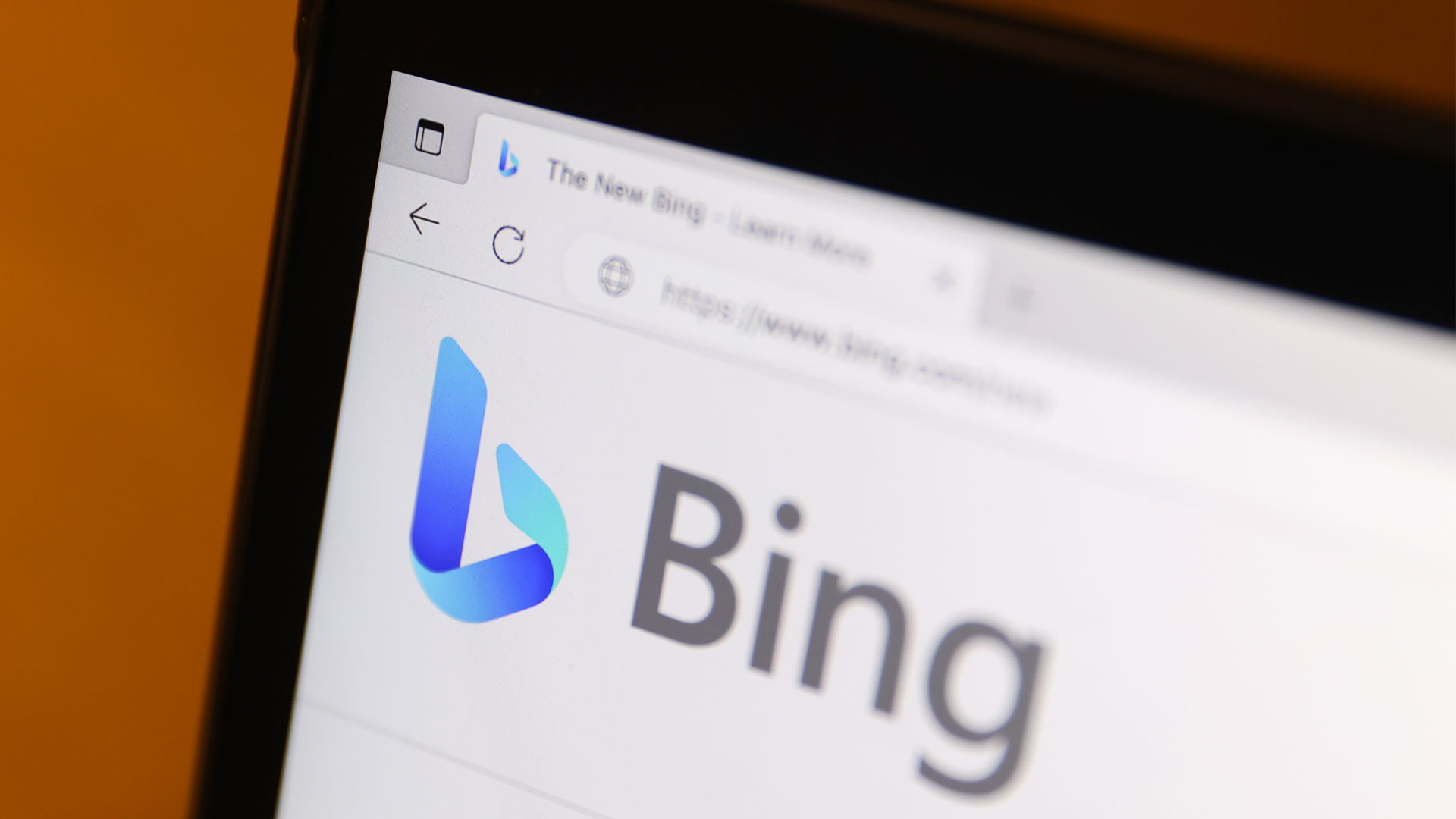Microsoft’s ChatGPT-powered AI is off the leash and popping up in Bing searches
AI-fueled plan to steal Google’s search crown kicks into higher gear

Sign up for breaking news, reviews, opinion, top tech deals, and more.
You are now subscribed
Your newsletter sign-up was successful
Microsoft is making a big move on the chatbot front by changing the Bing search website to incorporate its ChatGPT-powered AI.
In other words, searches at the Bing site may see the chatbot appearing and chiming in with results.
Previously, users had to specifically fire up the ‘New Bing’ (clicking on the ‘chat’ option, as opposed to ‘search’ at Bing.com) as Microsoft refers to the AI, but now, it’s reportedly pitching up unrequested in search results.
This was noticed by Bleeping Computer, with the tech site highlighting a test search for ‘winver’ that saw the Bing AI pop up and lend its expertise, putting together info drawn from five sources (with links provided) as an answer. There’s also a box to continue chatting with the AI on the subject if you wish to.
For the uninitiated, ‘winver’ is a command you can enter in Windows to prompt the OS to tell you exactly what version of Windows 11 (or 10) you’re running. The Bing AI explains this, naturally, and more besides, as the first thing you see at the top of the search results page.
We tried a few queries in Bing.com (in Edge) just to test things out ourselves, and saw the chatbot appear with that same ‘winver’ query, but not with a few others. Although that said, in some cases, we did get the chatbot’s prompt at the foot of the top result (with suggested questions to ask), allowing for firing up the AI to further explore the query.
Analysis: But what about the little guys of the web?
It seems, then, that this is the start of Microsoft integrating its ChatGPT-powered AI into the full Bing search results, in a limited fashion to begin with, piping the bot in with some results. This testing of the waters is happening for the general computing public, though, as we are seeing it too as mentioned (of course, you have to be signed up for the new Bing AI, as we are).
Sign up for breaking news, reviews, opinion, top tech deals, and more.
Okay, so there are a few obvious concerns here. Firstly, Microsoft is putting a lot of trust in its AI to produce smartly curated answers to queries and to ensure they aren’t misleading or inaccurate. We’ve certainly seen some howlers from the AI before, and while Microsoft might want us to believe this is all in the past now, the development of the chatbot is still at a relatively early stage, and we still have worries around the potential for things to go awry.
Secondly, there’ll doubtless be fretting from some websites that traffic is going to be effectively poached from them. While the Bing AI clearly credits the sources it has drawn together to formulate its reply, the person searching may go no further than simply reading the chatbot’s response. Or any further action taken may be funnelled into engaging with the chatbot, rather than as with a normal search where the sites that have been cited would have turned up in the results and (maybe) actually got a visit.
In short, it very much seems like Microsoft is set to benefit from increased chatbot engagement here, potentially at the cost of smaller players on the web – those same players which it is relying on to help the Bing AI produce its answers. Is that fair? It doesn’t feel like it to us, and this just highlights one of the knottier problems when it comes to the wider rollout of AI entities like the new Bing.
Darren is a freelancer writing news and features for TechRadar (and occasionally T3) across a broad range of computing topics including CPUs, GPUs, various other hardware, VPNs, antivirus and more. He has written about tech for the best part of three decades, and writes books in his spare time (his debut novel - 'I Know What You Did Last Supper' - was published by Hachette UK in 2013).